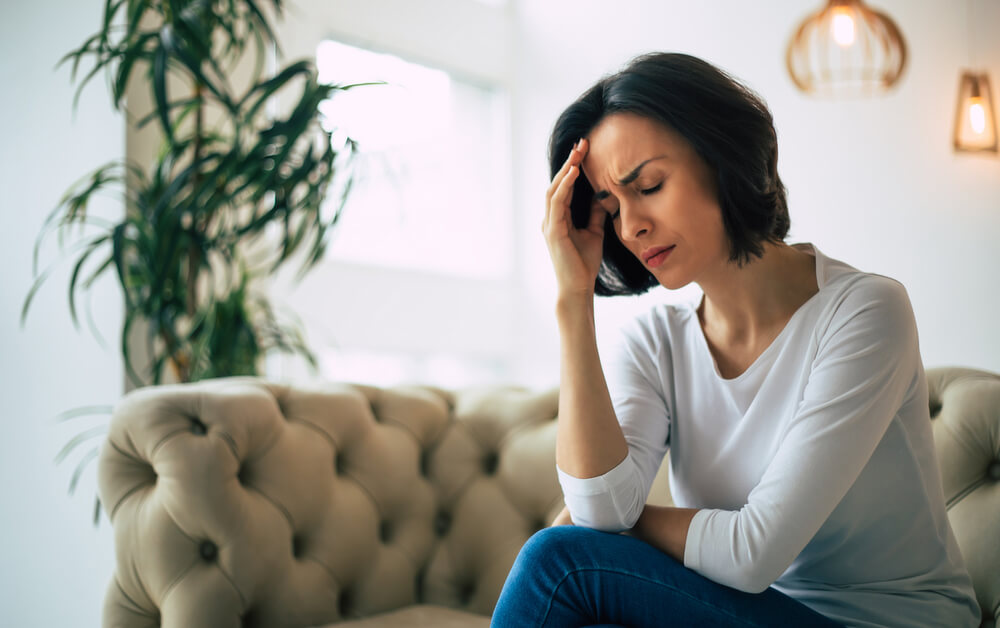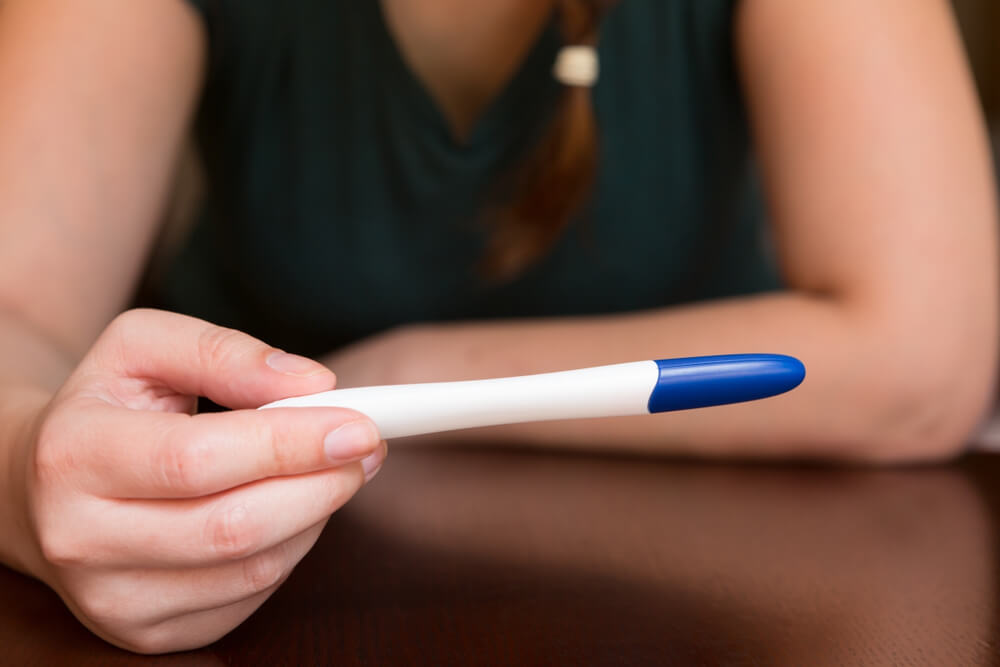The female body, after conception, produces a hormone called human chronic gonadotropin, known as hCG. It affects the changes in the female body during pregnancy. Because of it, a woman can feel morning sickness and headaches, but signs can be different for all. These symptoms often appear around the eighth day after fertilization. This is why the term 8 days post ovulation (8DPO) is usually used.
But these aren’t the only indications of pregnancy. If you are experiencing any of the following symptoms and looking for options regarding obstetric care in Plantation, Florida, feel free to reach out to our experts.
What Is DPO Pregnancy?
Some women can notice pregnancy symptoms as early as 5DPO or five days after ovulation. 5DPO is generally taken as the earliest indicator of pregnancy.
But this doesn’t necessarily mean that the woman is pregnant. Pregnancy can be determined with certainty much later. Signs and symptoms such as cramping, morning sickness, or implantation bleeding happen very early, only a week after the sperm fertilizes the egg. And all this is because of one hormone in the female body – progesterone. It is responsible for every symptom that a woman feels during early pregnancy.
Certainly, these are not the only symptoms.
Now that we know what 8DPO pregnancy is, we can talk about symptoms. So, you can find out more about all the other indicators of DPO pregnancy in the rest of the article.
Eight Most Common DPO Symptoms

- Implantation bleeding
The absence of menstruation is the first early signal of pregnancy. However, women can notice implantation bleeding in early pregnancy without knowing what it is. It most often occurs six to 12 days after the start. It happens because the embryo’s implantation in the uterine lining causes light bleeding. Women often confuse this with menstruation because the bleeding occurs at intervals around menses. This bleeding doesn’t last as long as menstruation and is usually lighter than menstrual blood. Implantation bleeding can lead to fever and pain in the lower abdomen.
- Frequent urination
One more of the 8DPO symptoms can be constantly going to the toilet and urinating. It can be one of the signs of pregnancy, which most often happen eight days post-ovulation. Strong pressure is exerted on the bladder, causing an increase in the frequency of urination. This means that if you often run to the bathroom, even though you haven’t drunk more fluids than usual, this can be one of the symptoms of early pregnancy.
- Dizziness and headaches
Due to hormonal changes and changes in blood volume and circulation, headaches and dizziness can indicate early pregnancy. Dizziness is a less common symptom. To avoid them, it is necessary to hydrate the body constantly. Try to avoid pills for headaches. You can soften the symptoms with natural teas and vitamins.
- Constipation or gas
The increase in hormone levels after conception can slow down the digestive process and lead to constipation.
To alleviate these symptoms, avoid foods like peas and beans. Eat healthier and try to keep your portions smaller. Food and a balanced diet can regulate many problems, including this one.
- Unusual tastes, smells, and cravings
Speaking of food, one of the indicators can be that your favorite food and drink no longer taste the same or even disgust you. Also, you may start eating something that you couldn’t tolerate before. This occurs because the senses are heightened in early pregnancy. So hormones intensify your senses of taste, smell, and cravings. This usually happens 8 days after ovulation
- Swollen and tender breasts
Increased hCG levels after conception can lead to breast tenderness. They may be swollen for a week or two after conception. Also, eight days after ovulation, women may experience itching and chest swelling symptoms. Everything happens because of increased blood flow in the breasts.
These days, a bra will be the worst enemy of most women, but on the bright side, it will give them an excuse not to wear one.
- Morning sickness
The symptom that, in addition to the absence of menstruation, is most often associated with pregnancy is morning sickness. Not so painful, but a very stressful indicator.
Some women don’t have this symptom, while others have it throughout their whole pregnancy. Sickness happens not only in the morning but also during other parts of the day. As we have already said, hydration is essential in this period.
- Fatigue and sleepiness
During pregnancy, the body produces more progesterone, a hormone that prepares the uterus for pregnancy. It affects your mood and makes you sleepy and more tired than usual. Tiredness can last throughout pregnancy; it doesn’t have to happen only during 8DPO.
However, even though it often makes women feel tired, it can affect sleep quality and disturb routines.
Although you are tired, try introducing light physical activity during the day and keeping a balanced diet. Also, try to keep your caffeine intake to a minimum, even though your body may ask you to consume more.
Women trying to get pregnant should pay more attention to any subtle bodily changes or changes in how they reach sexual climax. All 8DPO symptoms differ between individuals; when they happen, they don’t necessarily indicate pregnancy. A test is one of the most relevant indicators of pregnancy; however, if it is done immediately after sexual intercourse, it can give negative results. Therefore, the safest and most reliable way to find out if you are pregnant is to visit Broward Complete OB-GYN Wellness Center.
Is 8DPO Really an Early Pregnancy Indicator?

After conception, some women will immediately show signs of early pregnancy, while others won’t notice any indicators. It is essential to pay attention to even the smallest changes that the body can show after implementation.
It is essential that before all, a woman knows her body and habits. It is vital to recognize these symptoms if you didn’t know your body before. This means that, for example, it is crucial that you know the intensity of your pain, sickness, and frequency.
What If You Don’t Have Any Symptoms?
All of the symptoms generally represent the beginning of pregnancy. If you are trying to get pregnant, pay attention to the changes in and on your body. But first of all, get to know your own body and learn how it works.
If, after noticing the indicators, you decide to take the test, don’t stress if it is negative. Repeat it after a few days. Further, the best possible option is to see a doctor and have blood or urine tests done. They are primarily infallible.
Don’t get depressed if you didn’t notice any of the mentioned signs, it doesn’t mean that you are not pregnant. Feel free to schedule a consultation with our experts where you can voice your concerns and get solutions for your problems.


